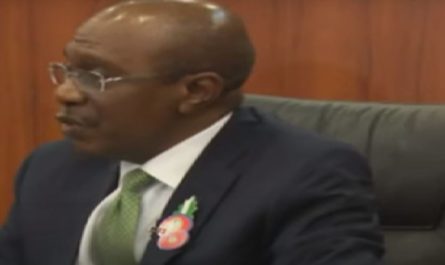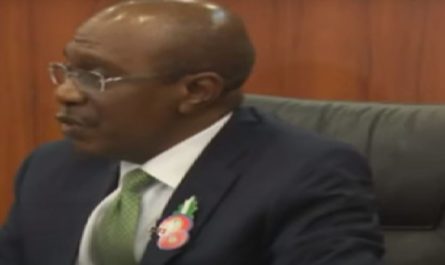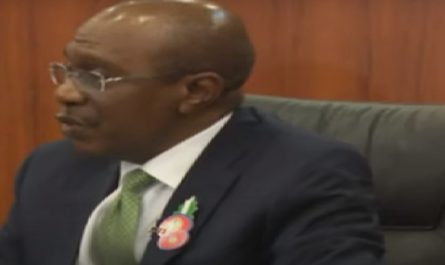Coronavirus is throwing Nigeria’s financial corporations into further crises mostly due to a slump in oil prices. The executive board of the International Monetary Fund, IMF, have now approved a loan of $3.4 billion in crisis support for Nigeria.
It is a backup fund to sustain Nigeria through all the economic impact of the pandemic as well as the decline in international reserves.
- IMF Debt Relief – 19 Countries in Africa on List, Nigeria Missing
- Nigeria: OMO offerings to non-residents soon phasing out – CBN
How the IMF financial support impacts Nigeria
Member countries of the IMF are allowed to draw reserves with a quota but are also expected to build back within stipulated years.
In this case and for Nigeria, that is is going to be in about 3¼ to 5 years. There are charges to it including service, lending and annual commitment fee.
The charge margin goes as high as the amount drawn and the service charge for the basic lending rate of 1% is 0.5%. This tops all kinds of monetary resources received by any African countries during the COVID-19 pandemic.
Nigeria’s debt profile has a sluggish trend and is quick to increase.
While the IMF fund is to provide much-needed liquidity support, it is also “…crucial to ensure emergency funds are used for their intended purposes” according to the IMF.
The Federal government in Nigeria has shown a poor approach to fund management in the past. The coronavirus pandemic is certainly not awakening for them.
Without another debt reliefs like in 2005-06, the charges will take a toll on the debt profile of Nigeria. In addition to that, the country is predicted to fall into recession after the pandemic.
But the IMF expects a better application of the support fund to bridge major setbacks in the economy of Nigeria. Which is also why they are remaining “closely engaged with the Nigerian authorities”. They are ready to provide policy advice and further support, as needed”.
Follow us on Facebook and Twitter and send us stories on contact@africareinvented.com











